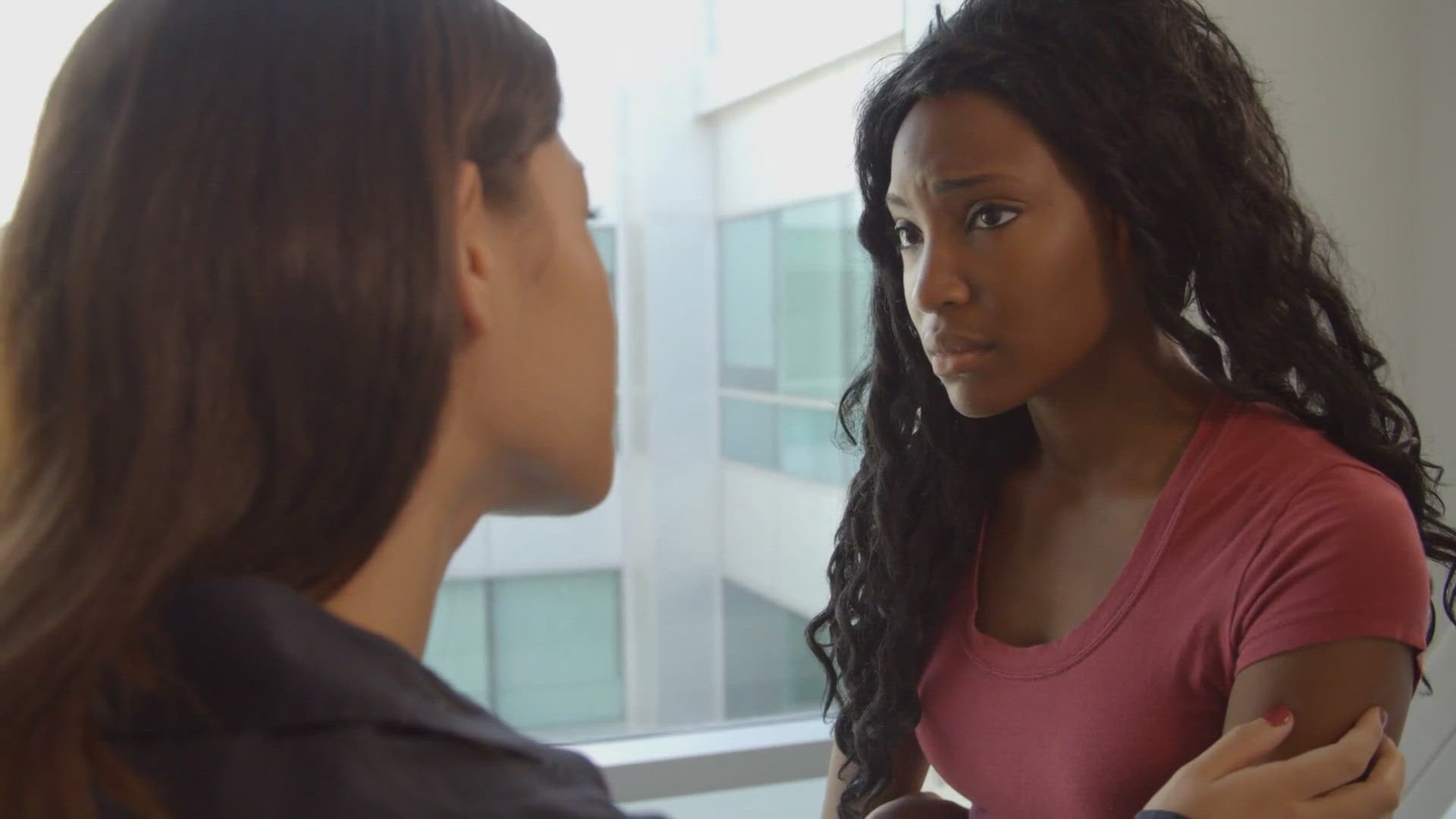KNOXVILLE, Tenn. — Since the COVID-19 pandemic, the need for mental health care has risen. At one point, adults with depression surged to 41% while adults with anxiety grew to 37%.
"Now more people need mental health care, but the conversation is much more supportive and steering more people to seek help," Mental Health Association of East Tennessee CEO Ben Harrington said.
Harrington said people can usually identify the symptoms of depression.
"The thing I think folks should be observant of is, how is someone engaging? Do they get along well with others? Do they interact well with others? Does that change? " Harrington said.
If people see these changes in their loved ones, they should offer support but be careful of being critical.
"If you care about somebody, you don't try to diagnose and say, 'Hey, I think you're depressed,' because that's going to get the person to be all defensive," Harrington said.
Harrington said a simple four words can be the best thing someone with a mental illness could hear.
"If you recognize something [or] something seems off, tell them what you've observed and then ask what's going on," Harrington said.
Hopefully, people can get the help they need before the illness reaches an extreme.
"Stage four mental illness is intervening when it's a crisis," Harrington said. "Intervening when you're threatening to harm yourself, in the emergency room, when someone has attempted suicide, someone's in the back seat of a police car in handcuffs because you know—their situation was out of control."
For those who think they may be battling a mental health illness, the Mental Health Association of East Tennessee has a mental health screening you can take online now here.

